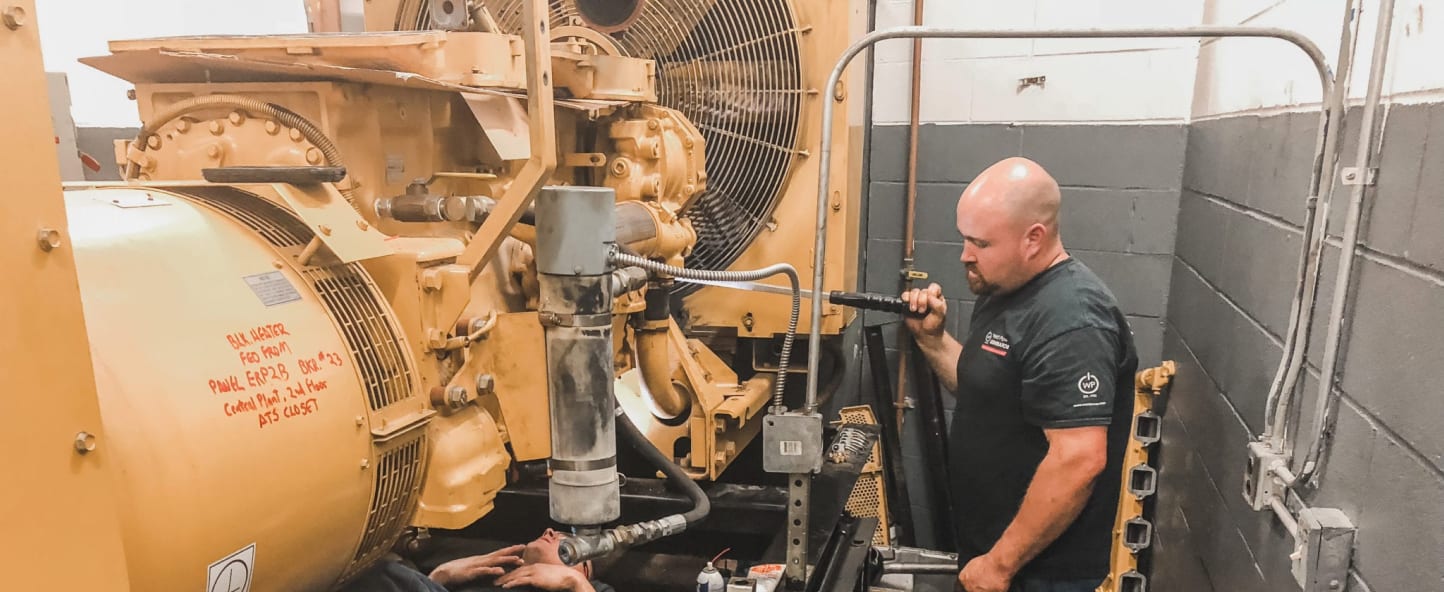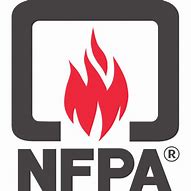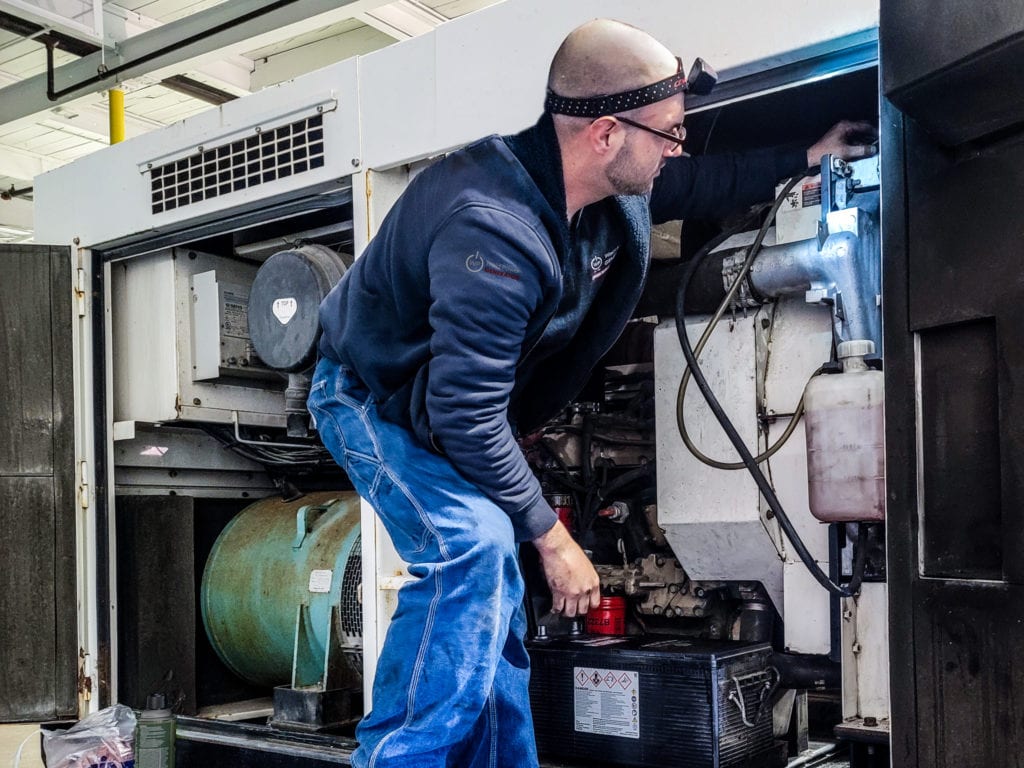Crafting an Effective Generator Preventative Maintenance Plan: Key Considerations

Generators are indispensable in ensuring uninterrupted power supply, especially in critical environments like healthcare facilities, data centers, and day to day business operations. To keep generators running efficiently and reliably, a well-structured preventative maintenance plan is essential.
This article discusses crucial considerations when creating a generator preventative maintenance plan, including manufacturer recommendations, National Fire Protection Association (NFPA) standards, Joint Commission on Accreditation of Healthcare Organizations (JCAHO) inspections, the criticalness of power, and the budget.
Table of Contents
Manufacturer Recommendations
Importance: Following the manufacturer’s guidelines ensures that maintenance is performed correctly, and the generator operates as intended.
Consideration: Review the manufacturer’s manual thoroughly to understand the recommended maintenance schedules and procedures. Adhering to these guidelines helps maintain the warranty and ensures optimal performance.
Key areas to focus on include:
- Oil and filter changes
- Cooling system checks
- Battery inspections and replacements
- Fuel system maintenance

National Fire Protection Association (NFPA) Standards
Importance: NFPA standards, particularly NFPA 110, set the benchmark for the installation, maintenance, and testing of emergency and standby power systems.
Consideration: Ensure that your maintenance plan complies with NFPA 110, which outlines requirements for routine testing and maintenance to ensure reliability.
Key requirements include:
- Weekly visual inspections
- Monthly operational testing
- Annual comprehensive maintenance
NFPA 110 emphasizes the importance of regular testing under load conditions to ensure the generator can handle actual demand during an emergency.

Joint Commission on Accreditation of Healthcare Organizations (JCAHO) Inspections
Importance: For healthcare facilities, compliance with JCAHO standards is mandatory to ensure the safety and reliability of power systems.
Consideration: JCAHO inspections require detailed documentation of all maintenance activities and adherence to specific testing protocols.
Key considerations include:
- Quarterly testing of the generator under load
- Annual full-load testing
- Regular inspections and maintenance documentation
Ensure your maintenance plan includes procedures to meet JCAHO standards, as non-compliance can affect accreditation and patient safety.
Criticalness of Power

Importance: The criticalness of power in your specific application dictates the rigor and frequency of maintenance.
Consideration: Assess the importance of continuous power in your operation. For highly critical environments, such as hospitals and data centers, more frequent and detailed maintenance is necessary.
Considerations include:
- Redundancy: Implementing backup systems to ensure power availability even if the primary generator fails.
- Testing frequency: Increasing the frequency of operational tests to ensure readiness.
- Response time: Establishing quick response protocols for maintenance personnel to address issues promptly.
Budget
Importance: Budget constraints can influence the scope and frequency of maintenance activities.
Consideration: While budgeting for generator maintenance, balance cost considerations with the need for reliability and compliance with standards.
Consider the following:
- Preventative vs. reactive maintenance: Investing in preventative maintenance can reduce the overall cost by preventing major failures and extending the generator’s lifespan.
- Cost of downtime: Factor in the potential costs associated with power outages, including lost productivity and damage to equipment.
- Long-term savings: Regular maintenance can prevent expensive repairs and replacements, offering long-term savings.
Integration into a Preventative Maintenance Plan
Creating a comprehensive generator preventative maintenance plan involves more than just following a checklist. It requires understanding and integrating manufacturer guidelines, complying with NFPA and possibly JCAHO standards, assessing the criticalness of power for your operations, and considering budget constraints.
By carefully planning and executing maintenance activities, you can ensure your generator remains reliable, efficient, and ready to provide power when needed most. Investing in a thorough preventative maintenance plan not only protects your equipment but also safeguards your operations against unexpected power interruptions.
Weld Power Generator helps you achieve optimal performance, compliance with industry standards, and peace of mind, knowing your power systems are reliable and ready for any situation. We help nearly all industries with their generator service needs.
If you need help developing a generator preventive maintenance plan, please contact us now.
